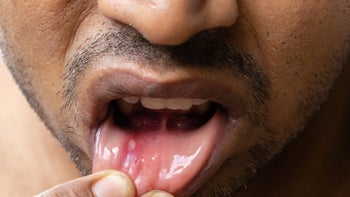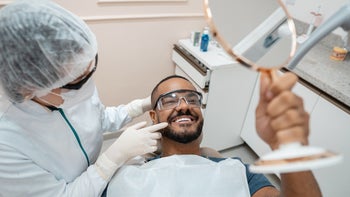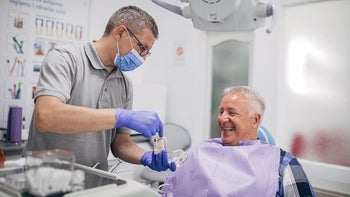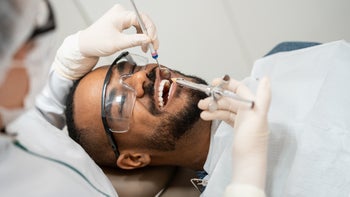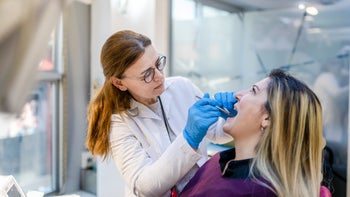
How Much Does a Dental Cleaning Cost Without Insurance?
Key takeaways:
Dental cleanings are important in routine oral health and beneficial for overall health. Yet, many people in the U.S. do not have dental insurance and must pay for teeth cleaning out of pocket.
The average cost of a dental cleaning is $104. The price can be more or less depending on where you live, your dental care provider’s training, and whether you need additional services. Cost is the top reason that people delay or skip oral health care.
Private dental insurance is often separate from health insurance plans. Original Medicare does not cover dental services, but most Medicare Advantage plans do. All Medicaid programs offer comprehensive dental services for children, but most don’t provide that same coverage for adults.
If you don’t have dental insurance, you may have access to affordable teeth cleaning options such as discount plans, free and low-cost clinics, and dental schools.
Table of contents
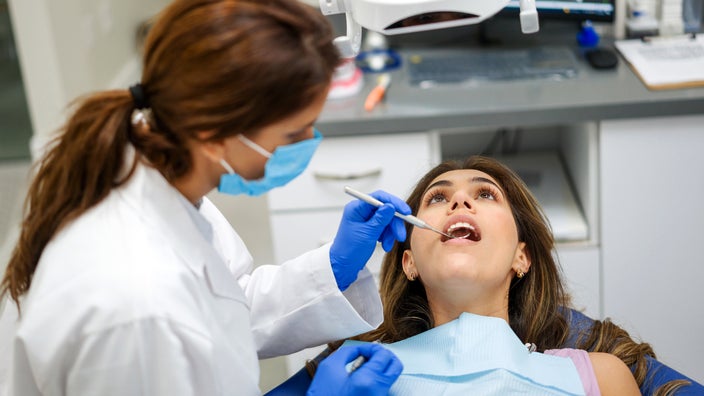
Regular dental cleanings are part of the recommended regimen for healthy teeth and gums. While dentists typically recommend dental cleanings every six months, your provider may advise you to get cleanings more frequently if you have gum disease or other oral health conditions. Teeth cleaning is among the menu of services offered by dentists and is typically performed by dental hygienists.
Paying for teeth cleaning can pose a financial challenge — especially if you don’t have dental insurance, which is the case for many adults. Cost and lack of insurance are the top reasons people delay or forgo dental care, even for emergency oral health concerns. One problem is that even people with health insurance typically have to buy an additional plan for dental coverage. Original Medicare does not pay for routine dental care, though some dental services are benefits of most Medicare Advantage plans. All Medicaid programs offer comprehensive dental services for children, but most don’t provide the same benefits for adults and have no minimum coverage requirements for adults.
Even if you do have dental insurance, your plan may not cover as many dental cleanings as your dentist recommends.
Search and compare options
Can I get my teeth cleaned without dental insurance?
Yes. You can get your teeth cleaned even if you don't have dental insurance. Typically, you will have to pay out of pocket for the service. We will discuss free and low-cost dental care options later.
Dental cleaning is a preventive service, which costs far less than restorative procedures, such as a root canal or crown.
You may be able to cover the cost of a dental cleaning with funds you have accumulated through a:
Health savings account (HSA) for people enrolled in high-deductible health plans
Flexible spending account (FSA) for people with certain employer-sponsored health insurance plans
How much does dental cleaning cost without insurance?
The cost of getting your teeth cleaned without insurance depends on your provider. The average cost is $104 in the U.S., according to the American Dental Association. Some dental practices may charge as much as $200 for a basic dental cleaning.
There are ways to save on dental cleanings if you’re uninsured — and even if you have dental insurance. Some dentists offer free cleanings as a promotion for new patients, as well as payment plans.
Dental savings plans
You might have access to lower prices if you have a dental savings plan, which is a membership program also known as a dental discount plan. For instance, this dental savings plan offered by the Aspen Dental chain is $39 a year and offers 30% off general cleanings at participating providers. These non-insurance programs offer discounts on common dental services.
Dental care savings: Many people are hesitant to go to the dentist, and dental costs are the top reason for not scheduling a visit. Luckily, there are numerous ways you can save money on dental care.
Are dental savings plans worth it? Dental discount plans, also called dental savings plans, can make potentially expensive oral care more affordable. Review this helpful information before signing up.
Medicaid coverage: Some states offer dental services through Medicaid. See if you qualify for Medicaid coverage for your dental needs.
For example, a dental discount plan may offer 20% to 40% off teeth cleanings. That means if your dentist charges $100 for a cleaning and your savings plan offers a 30% discount with covered providers, you'd only pay $70.
It’s important to note that a dental cleaning is different than a dental exam, which typically includes:
Assessment of dental health
Dental X-rays
Treatment planning, which typically recommends cleanings
Some dental savings plans cover annual exams and X-rays at 100%.
What factors affect the cost of a dental cleaning?
The price of a dental cleaning can vary based on factors such as where you live and your dentist’s level of experience. If you live in a rural area, which is more likely to have a dental provider shortage, the true cost of a dental cleaning can be increased by additional factors such as fuel and time off work.
If it has been a long time since your last cleaning, you may require more than a regular dental cleaning. You'll also likely pay more if you're getting:
Deep cleaning: Known as scaling and root planing, or periodontal cleaning, this procedure removes tartar below the gum line and treats inflamed gums. Depending on the condition of your teeth, this type of cleaning may require more than one visit to complete. Each session may cost $150 to $300 — and maybe even more.
Debridement: If your teeth require heavy-duty plaque and tartar removal, you may need a procedure known as full-mouth debridement, or gross debridement, before having your teeth examined and cleaned at a later appointment.
Having other services, such as X-rays or fluoride treatments, can also increase the cost of your dental cleaning visit.
Where can I get a free or low-cost dental cleaning without insurance?
Promotions and discounts aren't the only ways you can spend less on dental cleaning and other services if you don't have insurance. There are other avenues to find free and low-cost dental care.
Dental schools
Check to see if one of the nation’s 70 dental schools is located near you. Dental schools often provide low-cost dental services so that dentistry and dental hygiene students, under faculty supervision, and recent graduates can gain experience treating patients. At many dental schools, faculty members also provide dental care.
Community health centers and clinics
Some community health centers, also known as federally qualified health centers (FQHCs), provide free and low-cost health services, including dental care. You can use the Find a Health Center tool to find a FQHC near you.
Rural health clinics
If you live outside an urban area, you may have access to a rural health clinic. Unlike with FQHCs, services at these clinics aren’t free, but many offer sliding-scale discounts.
Health departments
Your state or local health department may be able to direct you to free and low-cost dental care options in your state. The Association of State & Territorial Dental Directors offers this government oral health program locator tool.
Veterans Affairs
Many veterans qualify for free and low-cost dental cleanings and other oral healthcare through their Veterans Affairs (VA) dental benefits. The VA provides dental care at more than 200 locations across the country.
Charitable organizations
There are also charitable organizations that provide free and reduced-cost dental services. For example, Dental Lifeline Network connects people who need care to volunteer dentists and dental labs. The National Association of Free & Charitable Clinics provides support to health centers across the country that offer no-cost dental care.
Research studies
You might consider joining a clinical trial for free dental care. The National Institute of Dental and Craniofacial Research, a division of the National Institutes of Health, can help you find dental researchers in your area who provide care to people who participate in oral health research studies.
Is it worth getting your teeth cleaned?
Yes. There are many benefits to getting dental cleanings. They can identify early signs of gum disease or tooth decay, which could prevent serious dental issues in the future and reduce your dental costs over the long term. If you have gingivitis, a form of gum disease, dental cleanings may help fight inflammation in your gums. Gum disease may be a risk factor for heart disease and other conditions. Regular teeth cleanings can help you prevent oral health issues and may save you money in the long run.
The bottom line
Regular dental cleanings can help you maintain good oral health as well as your overall health. Without insurance, a dental cleaning can cost about $104, though the price varies depending on where you live, the dentist you visit, and other factors. Many people do not have dental insurance. Original Medicare doesn’t cover dental care, though most Medicare Advantage plans do. Medicaid covers comprehensive dental care for children, but most programs don’t have similar coverage for adults. As a result, many people in the U.S. pay for dental cleanings out of pocket.
You may be able to make dental cleanings more affordable with dental savings plans, which are membership programs that offer discounts. You may also have access to free and low-cost dental cleanings through dental schools, community health centers, charitable clinics, and health departments, among other options.
Why trust our experts?


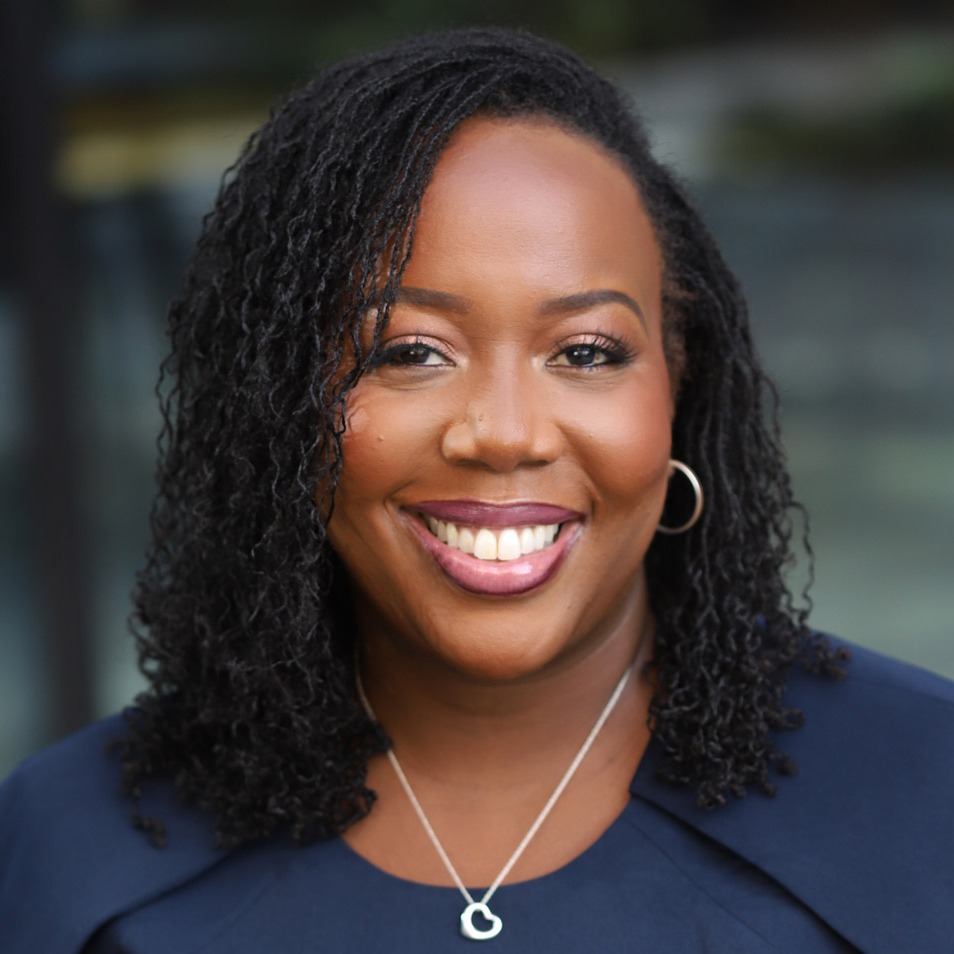
References
Aesthetic Dental Associates. (n.d.). The cost of dental cleanings.
American Academy of Periodontology. (n.d.). Gum disease information.
American Dental Association. (n.d.). Scaling and root planing.
Aspen Dental. (n.d.). Dental check-ups & dental exams.
CareCredit. (2023). Dental Lifetime of Care study.
Cigna Healthcare. (2023). How much does a teeth cleaning cost?
Cleveland Clinic. (2023). Dental cleaning.
Decisions in Dentistry. (2020). Cost remains barrier to accessing oral health care. The Journal of Multidisciplinary Care.
Dental Lifeline Network. (n.d.). Dental Lifeline Network.
Freed, M., et al. (2021). Medicare and dental coverage: A closer look. KFF.
George Maddox DDS. (2020). Full-mouth debridement vs. regular teeth cleaning.
Harvard Health Publishing. (2021). Gum disease and heart disease: The common thread.
Humana. (2023). How much does a dental cleaning cost?
Humana. (2023). Dental savings plus.
National Institute of Dental and Craniofacial Research. (2019). Clinical trials.
National Institute of Dental and Craniofacial Research. (2021). Oral health in America: Advances and challenges.
National Institute of Dental and Craniofacial Research. (2023). Finding dental care.
U.S. Department of Health and Human Services. (2022). Does Medicaid cover dental care?
U.S. Department of Health and Human Services. (2023). Where can I find low-cost dental care?
U.S. Department of Veterans Affairs. (2022). VA dental care.
UTHealth Houston School of Dentistry. (n.d.). Professional care.
Warraich, H. (2023). Ask a Doctor: Can gum disease cause other health problems? The Washington Post.
Your Dentistry Guide. (n.d.). Dental cleanings (6 month).


